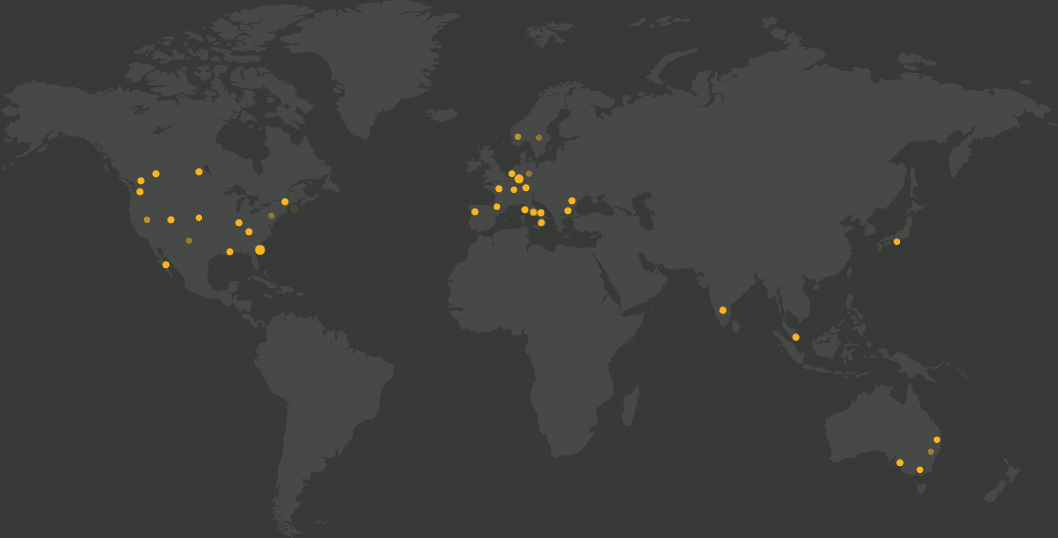Content management error: Header Banners should not be placed in the Navigation placeholder!
The age of artificial intelligence is now
Posted 26 February 2020Content management error: Generic Content Banners should not be placed in the Navigation placeholder!
The age of Artificial Intelligence (AI) is reinforcing the digital divide, giving high-income countries an even greater edge in the race for talent.
The 2020 Global Talent Competitiveness Index Report (GTCI) with a focus on talent in the age of AI has recently been released highlighting some significant information on AI and the impact on the workforce.
AI skills are scarce and unequally distributed across industries, sectors, and nations. However, with the right policies and approaches, AI may also provide significant opportunities for emerging markets to leap ahead in talent competitiveness and potentially become ‘global delivery centres’ for AI applications. AI technologies could also play a key role in solving seemingly intractable global issues such as poverty, endemic diseases, climate change and terrorism.
As machines and algorithms continue to absorb a profusion of tasks and responsibilities and almost every job gets reinvented, the right talent is required not only to adapt but to capture value from this transformative technology.
Content management error: Generic Content Banners should not be placed in the Navigation placeholder!
When it comes to identifying skills needed in the age of AI, much of the focus to date has been on lower skilled jobs (easily delegated to machines) and jobs requiring sophisticated skills. However, the GTCI 2020 report brings an additional dimension, considering AI in the context of augmented work requiring mutual contributions between humans and machines and the skills needed to fulfil and manage these hybrid activities.
While new types of collaborations between humans and machines are being developed and AI permeates economies and societies, global talent competitiveness is being redefined as countries race to best position themselves to benefit from the AI revolution.
As reported by Forbes (Read full article) we will see more personalisation, more accurate data creating more useful AI and more of us will get used to the idea of working alongside AI-powered tools and bots in our day-to-day working lives.
Content management error: Generic Content Banners should not be placed in the Navigation placeholder!
Whilst AI in the new decade will advance rapidly in leaps and bounds, more of us will interact with AI without even knowing it. Countries such as China are looking to implement compulsory Facial Recognition for their people to access services like communication networks and public transport. Businesses are continuing to invest in new technologies and regulation around the use of AI will start coming into effect in 2020.
Whatever your view is on Ai and the impact technology will have, it is coming, so get ready.
Content management error: Generic Content Banners should not be placed in the Navigation placeholder!
We are global leaders
